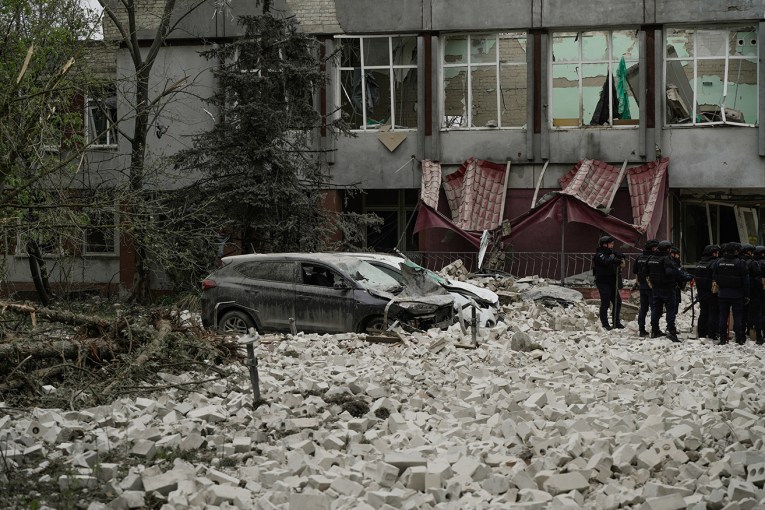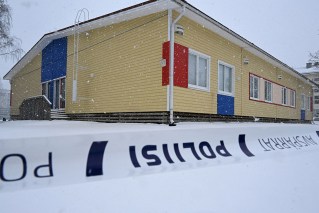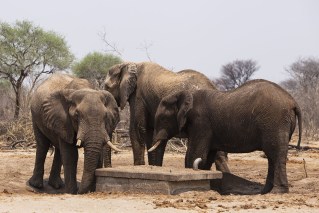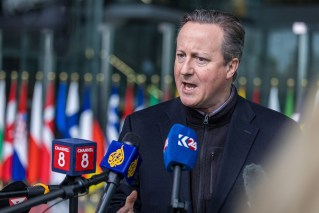Scott Morrison’s Beijing attacks risk serious consequences

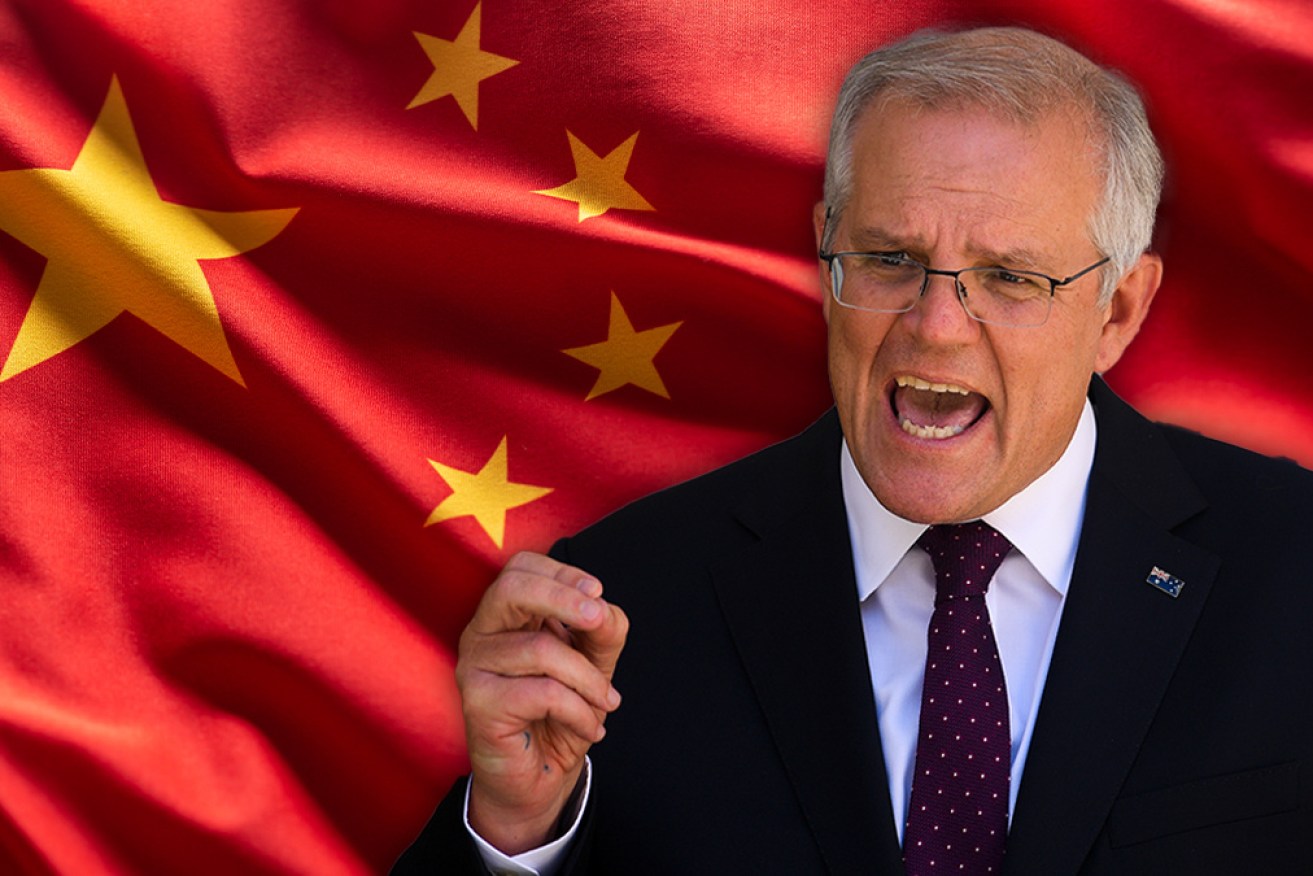
Experts fear the government's anti-China rhetoric on Ukraine could have serious consequences. Photo: TND
Prime Minister Scott Morrison and his government’s ongoing attacks on China for not condemning Russia’s invasion of Ukraine are heightening tensions for no strategic gain, an expert has warned.
The Prime Minister confirmed on Sunday that Australia would join international allies to deliver “lethal aid” to Ukraine as Russian forces unleash an assault on the country’s capital.
Mr Morrison took the opportunity to again criticise China for not taking action over the Russian invasion, continuing a long line of rhetorical attacks mounted by members of his cabinet.
“It does disappoint me that while the world is increasing its sanctions on Russia, there are countries that are easing their trade sanctions,” he said.
Earlier, Defence Minister Peter Dutton said it was “deeply disturbing” that China had “encouraged” Russia, while suggesting it was doing so with one eye on Taiwan.
China criticism risks greater repercussions
Alexey Muraviev, an associate professor of national security and strategic studies at Curtin University, said while Australia’s international alliances obliged it to take a stand against Russia, the benefit of mounting such attacks on China was unclear.
“The simple, simple question is: Why would China listen to us?” he told The New Daily.
“And why should we have an expectation that China should really do something about Russia, or condemn Russia?”
Dr Muraviev noted a statement between presidents Vladimir Putin and Xi Jinping on February 4 pledged unity between the countries on issues such as the expansion of NATO, making ongoing criticism of China likely to achieve any strategic ends.
Is it our role in AUKUS to bark at China all the time? We need to understand the consequences.
Dr Alexey Muraviev
“It looks good domestically for Mr Morrison,” he said. “He’s talking tough. He is telling Putin what to do. And now he’s telling Xi what to do.
“A leader of a middle power is telling two autocratic leaders of major military and nuclear powers to sort this business out.”
However, Dr Muraviev said he felt the government had gone too far and risked being drawn into a political-military standoff between two nuclear armed states.
“We’re not doing ourselves any favours,” he said.
“We would be considered as the weakest link in the [Australian-UK-US alliance] simply because of our lack of capability.”
He also queried if it was Australia’s role in AUKUS to bark at China all the time, emphasising the need to understand the consequences.
“We need to remember that our geographical isolation […] is of no relevance to either the Chinese or the Russians because they have global power projection capabilities.”
Morrison’s tough guy card a bonus before election
Jon Yuan Jiang, a China-Russia relations expert at the Queensland University of Technology, agreed that domestic political factors more than anything helped to explain the government’s criticism of China over the issue.
“For Morrison, this is going to help the election right now,” Dr Jian said.
“He has been playing a card as a tough guy in domestic politics. I think he will continue to play this role to attract more votes using this tool.”
(Other countries to abstain from the United Nations vote include India and the United Arab Emirates.)
Foreign Minister Marise Payne declined to criticise India – a key regional security partner – for its neutrality on the issue.
“Every country will make its own decisions about how it deals with these issues,” Senator Payne said when asked about New Delhi’s reluctance to condemn Russia’s invasion.
Dr Muraviev said that international positions on issues of European security had long since been set by historical and strategic factors.
“India’s position is based on this premise of strategic autonomy,” Dr Muraviev said.
“I think the Indians understand the West has raised the stakes. But India has had decades of very cordial trusted relations with Russia. Why do you think India would want to risk that?
“India’s policy is not to take sides. That’s what it is. And Putin met with Prime Minister Modi, back in December, where he talked a lot about things, including Ukraine.”
Speculation about the degree of alignment between presidents Putin and Xi has been growing since the two leaders met earlier this month.
Both sides have pledged support for Russian opposition to the expansion of NATO – a key motive in its decision to invade.
The nations called on NATO to “abandon its ideologised cold war approaches, to respect the sovereignty, security and interests of other countries.”
Dr Muraviev argues that Moscow has been significantly emboldened by Chinese backing.
The government’s recent rhetoric has come one week after it was accused of overstepping the bounds of propriety with a series of political attacks against Labor over national security and the Opposition’s stance on China.
